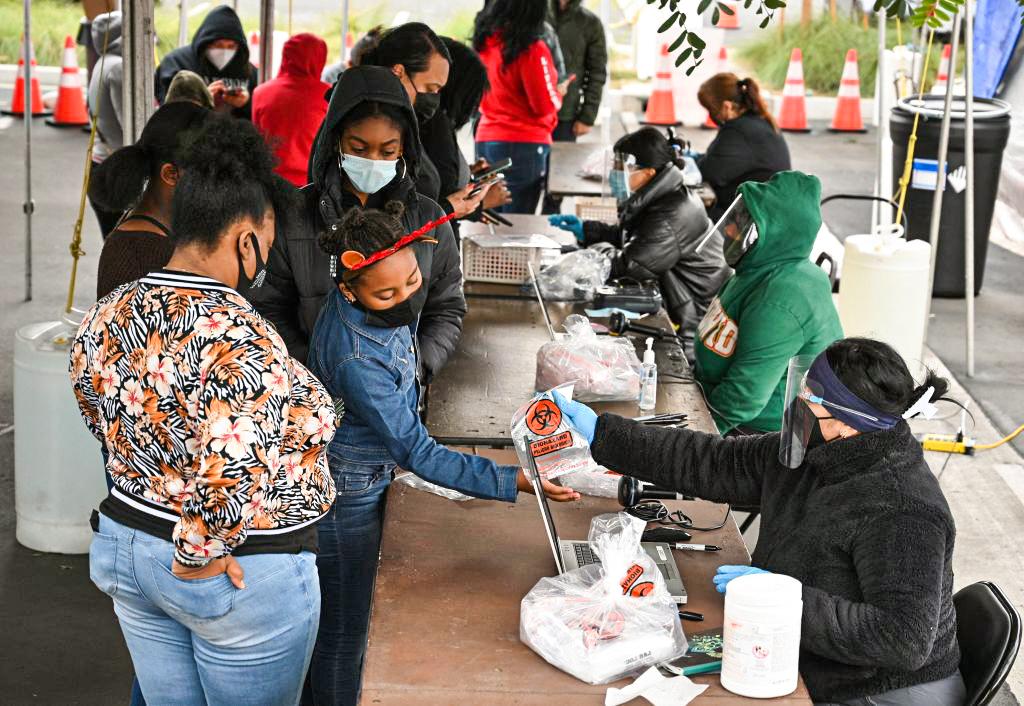A British doctor has forecast COVID-19 evolving to become less severe and endemic, and said the highly-transmissible but milder Omicron variant is the beginning of the process.
“The thing that might happen in the future is you may see the emergence of a new variant that is less severe, and ultimately, in the long-term, what happens is COVID becomes endemic and you have a less severe version. It’s very similar to the common cold that we’ve lived with for many years,” Dr. Mike Tildesley, a member of the Scientific Pandemic Influenza Group on Modelling (Spi-M) and a University of Warwick professor, told Times Radio on Saturday.





